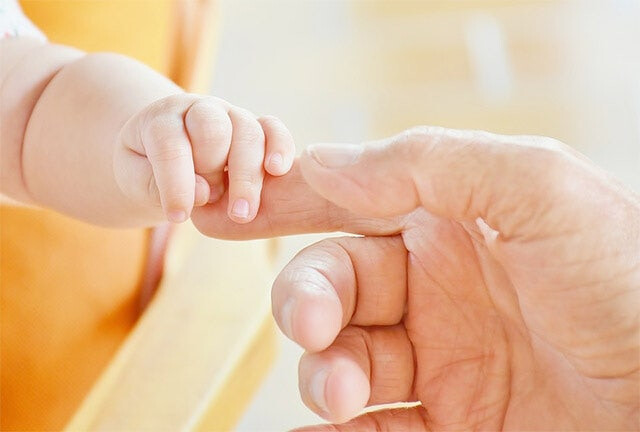
A recent report by the Korea Institute for Health and Social Affairs (KIHASA) reveals that a significant majority of South Korean parents perceive their children's success or failure as a direct reflection of their own responsibilities. 1 The report, titled "Parent-Child Relationships and Socioeconomic Differences in Early Adulthood," surveyed 1,600 individuals aged 45 to 69 who have children between the ages of 19 and 34. The survey, conducted in September of last year, found that 66.9% of respondents agreed with the statement that parents bear responsibility for their children's successes and failures. This figure includes 8.8% who "strongly agreed" and 58.1% who "generally agreed." Conversely, 33.1% of parents did not believe this to be the case.
This sentiment was particularly pronounced among parents with higher levels of education and greater financial assets. Over 70% (73.6%) of parents with a bachelor's degree or higher education felt responsible for their children's outcomes, compared to 64.6% of those with a high school diploma or less. Similarly, nearly 70% of parents with assets exceeding 1 billion KRW agreed with the statement, while the figure stood at 64.5% for those with less than 100 million KRW in assets. In terms of gender, 68.5% of male parents and 65.5% of female parents expressed this belief. By age group, parents aged 55 to 59 showed the highest agreement rate at 70.1%.
The research team at KIHASA interpreted these findings as indicative of a widespread societal perception in South Korea that parental support significantly influences a child's individual success or failure. They suggest that this belief system motivates the parent generation to provide greater support and involvement in their children's lives. Indeed, a substantial portion of the surveyed parents indicated their willingness to provide financial and housing support to their children until marriage, and many even volunteered to care for their grandchildren.
◇ Six in Ten Young Adults Expect Parental Financial Support Until Economic Independence
"I believe parents should continue to provide financial assistance to their children until they find a job and secure their own home after graduating from university," stated Ms. A, a 55-year-old woman who participated in the survey, reflecting a common sentiment among the older generation.
The KIHASA report posits that this widespread recognition of parental responsibility for children's success aligns with South Korea's emergence as a "delayed society," characterized by increasingly late entry into the workforce, marriage, and childbirth. As children's transitions to independence are prolonged, financially capable parents are increasingly viewing economic support as a natural duty and obligation.
An overwhelming 83.9% of surveyed parents expressed their intention to support their children's university tuition fees. Furthermore, 70.1% were willing to contribute to marriage expenses, and 61.7% intended to assist with housing costs. A significant 62.9% indicated they would provide living expenses until their children found employment, and 42.1% stated they would continue to offer financial support as long as they had the means. Several factors contribute to this high willingness to provide financial assistance, including the increased economic power of the parent generation, who accumulated wealth through real estate holdings during a period of rapid economic growth, and the trend of having fewer children, allowing for more concentrated support per child.
The survey also revealed that young adults in South Korea have come to expect parental financial support as a matter of course. Among the 1,000 young adults aged 19 to 34 surveyed, 68.4% agreed that parents should ideally support their children's university education costs. Additionally, 62.2% believed that parents should provide living expenses until their children achieve economic independence. This indicates a prevailing view among young adults that parental support should extend beyond specific milestones like age or graduation and continue until genuine self-sufficiency is attained. Moreover, 53.4% and 45.1% of young respondents considered it desirable for parents to assist with marriage and housing expenses, respectively. Notably, 46.3% also felt that parents should continue to provide financial assistance to their children even after they secure employment, as long as the parents are financially able. Mr. B, a 30-year-old office worker living with his parents, shared, "My parents are helping me save money in preparation for when I get married and move out in a few years."
This confluence of parental willingness and youthful expectation highlights a unique dynamic in South Korean society, where the traditional boundaries of parental responsibility are being redefined by socioeconomic pressures and evolving generational norms. The implications of this trend for individual autonomy, social mobility, and the broader economic landscape warrant further examination. The increasing financial burden on parents and the potential for delayed independence among young adults are critical issues that require careful consideration in shaping future social and economic policies in South Korea.
[Copyright (c) Global Economic Times. All Rights Reserved.]



























